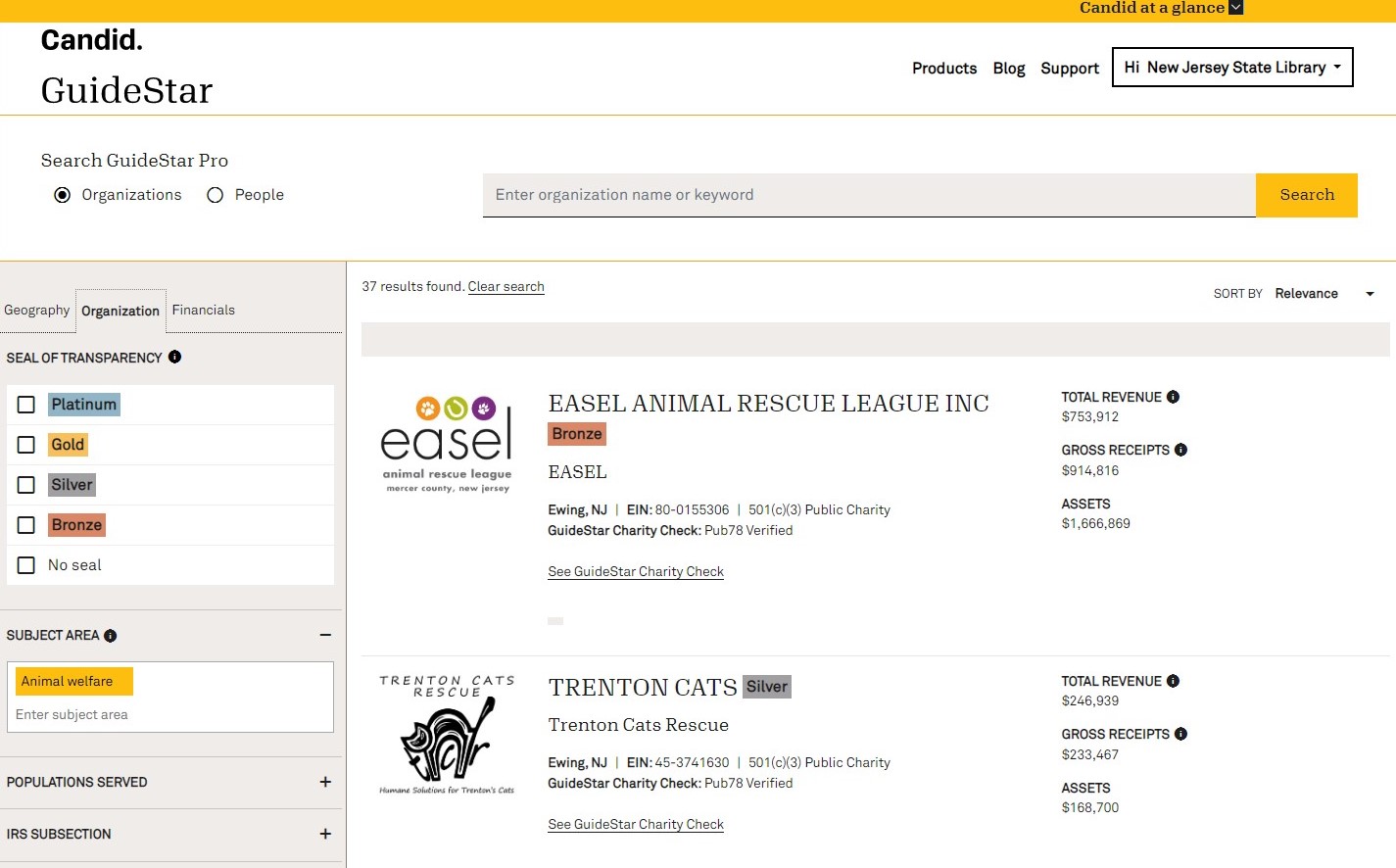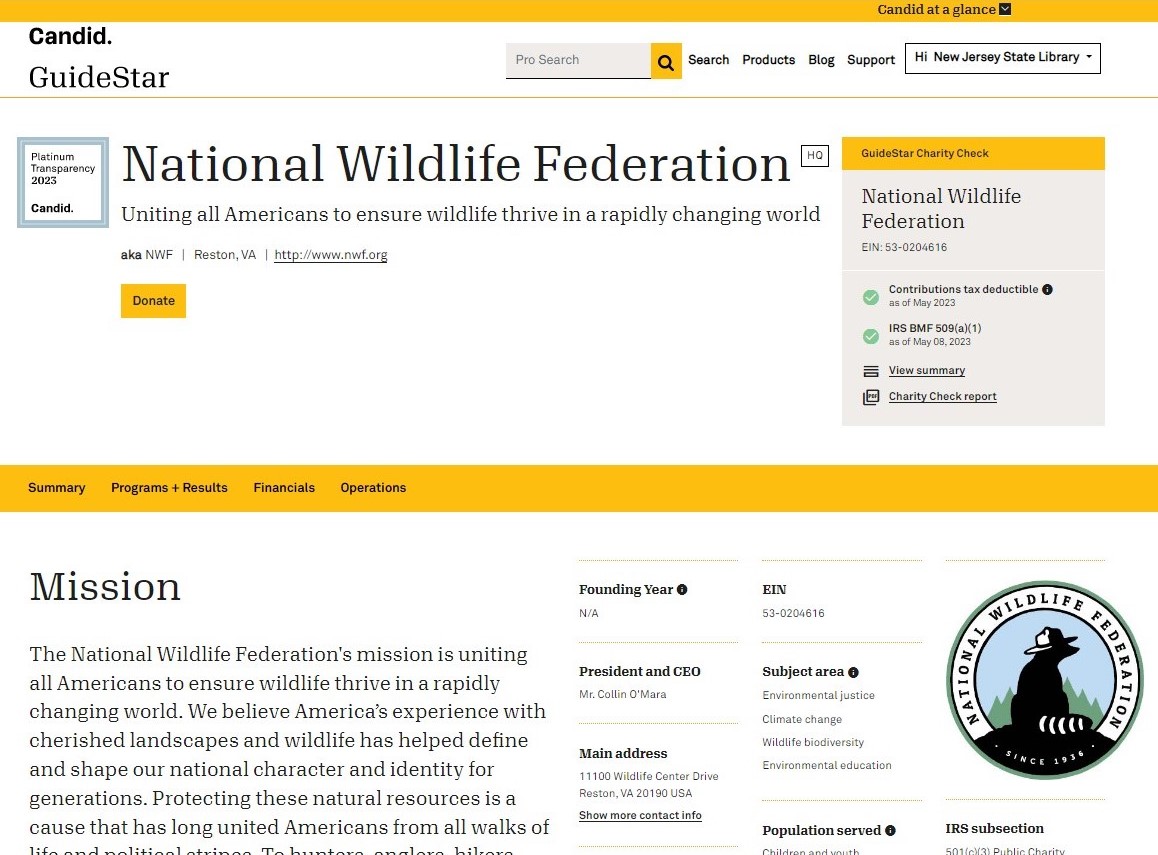Are you new to grant proposal writing or want a quick refresher? This class will provide you with an overview of how to write a standard project proposal to a foundation, including:
- The basic elements of a grant proposal
- The “do’s” and “don’ts” of writing and submitting a proposal
- How to follow up whether the answer is yes or no
Visit our Funding Information Center webpage to learn more about the funding-related resources available through the New Jersey State Library.














 Thank you to Debbie Duncan, Director of Member Services at the Center for Non-Profits, for presenting the webinar: Non-Profit “Dos and Don’ts”.
Thank you to Debbie Duncan, Director of Member Services at the Center for Non-Profits, for presenting the webinar: Non-Profit “Dos and Don’ts”.



